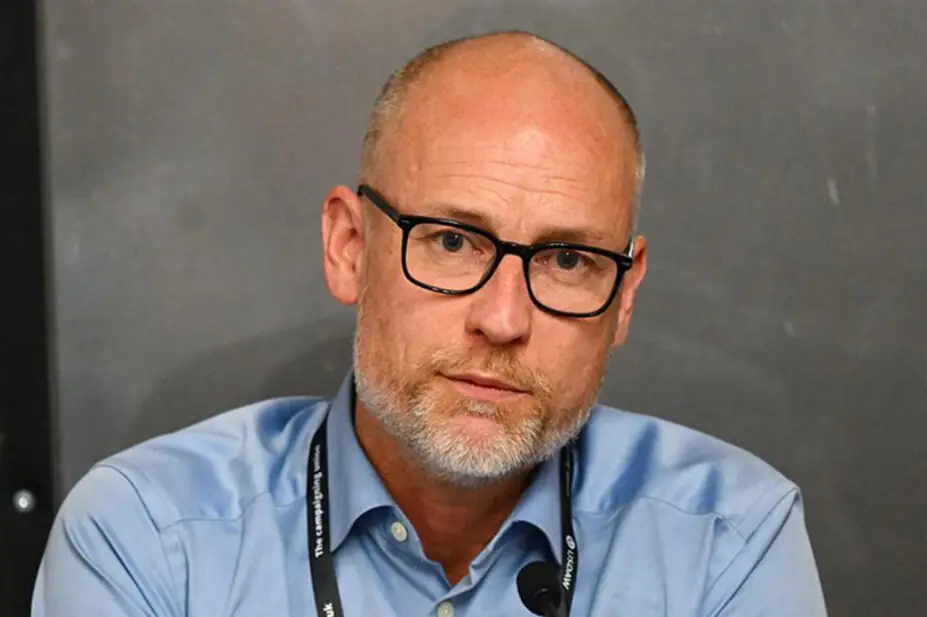
Matt Crossick / Alamy Stock Photo
Community pharmacies in England have had their funding boosted by £617m over the next two years, following agreement on a new two-year contract.
In a statement published on 31 March 2025, Community Pharmacy England (CPE) said overall funding for community pharmacy would rise in 2025/2026 to more than £3bn per year for the first time.
During the first year of the contract, extra funding for pharmacies includes £215m for the continuation of Pharmacy First; an increase in the single activity dispensing fee of 19p to £1.46 per item; and an increase in the margin allowance for community pharmacy from £800m to £900m per year.
Fees for Pharmacy First and contraception services are being increased to £17 and £25, respectively, and a new intermediary band for the Pharmacy First monthly payment has been agreed.
The statement also confirmed that antidepressants will be added to the new medicine service and provision of emergency hormonal contraception will be added to the community pharmacy contraception service from October 2025.
In addition to the £617m funding boost, the government has also agreed to a £193m write-off of historic margin overspend.
Janet Morrison, chief executive of CPE, said: “We came to these negotiations as a sector in crisis — with the impact of a decade’s worth of real-terms cuts to funding leaving pharmacy businesses fighting to survive and closures continuing at an alarming rate.
“Committee members were in an almost impossible position. On the one hand, this was a settlement offering the highest uplift in the NHS, more than £800m — a 30% uplift as compared with 2023/2024 — in extra funding for pharmacies, supporting core dispensing income and strengthening key services, and which we were able to influence considerably in pharmacy’s favour through the negotiations to help manage resources and improve equity of access to funding. On the other hand, this uplift is not enough to fully stabilise the sector as evidenced by the economic analysis.
“What the settlement does do is to take a significant step in the right direction — towards stabilisation, and with recognition and acknowledgement of the funding gap from government, and their commitment to working towards a sustainable model. This is not the end destination.”
Nick Kaye, chair of the National Pharmacy Association, said: “Pharmacies will be relieved to have certainty about their financial position and news of the first increase in their funding for 11 years. After a decade of 40% cuts to their funding, that has left the pharmacy network on its knees, it is good to see a concrete sign that ministers want to support pharmacies, which have so much potential to achieve the government’s vision of care closer to communities.
“No one wants to reduce services through protest action, so we’ll look carefully at the detail and consult our members, who are facing substantial cost increases from 1 April [2025], to understand what this means for the future of their services so we can recommend next steps.
Tase Oputu, chair of the Royal Pharmaceutical Society English Pharmacy Board, said: “This is the best deal community pharmacy in England has had in a decade, the largest increase in funding of any sector in the NHS.
“It marks a significant step forward in addressing the long-term underinvestment in community pharmacy. Whilst the settlement is a vote of confidence in the sector, we must acknowledge that ongoing economic pressures on pharmacies continue to bite.”
Malcolm Harrison, chief executive of the Company Chemists’ Association (CCA), said: “It is clear the government has listened to the stark warnings that the CCA and others have given about the impact of a decade of underinvestment in this vital sector. Pharmacies in England procure and supply 1.1 billion NHS-prescribed medicines every year and are visited by patients and the public 1.6 million times a day.
“Given the findings of an economic independent review released on Friday, it is clear there is a still a significant gap between the cost of delivering NHS community pharmacy services and what pharmacies will be paid.
“We look forward to working with the government to find ways to bridge this gap to ensure the future sustainability of the pharmacy network in England.”
Pharmacy minister Stephen Kinnock said: “Community pharmacists are at the heart of local healthcare, and we want them to play a bigger role as we shift care out of hospitals and into the community through our Plan for Change.
“We’re working to turn around a decade of underfunding and neglect that has left the sector on the brink of collapse.
“This package of record investment and reform is a vital first step to getting community pharmacies back on their feet and fit for the future.”
- This article was updated on 1 April 2025 to include additional comment
1 comment
You must be logged in to post a comment.



Just hope it’s not too little too late.